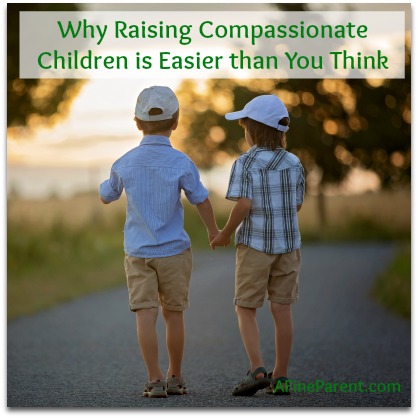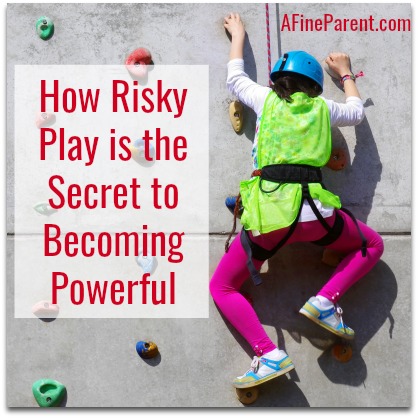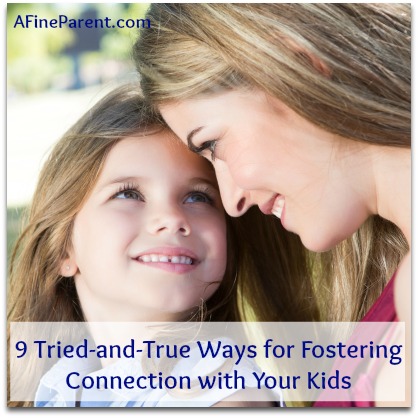 If I asked parents how they would like their children to turn out I am pretty sure that being kind and compassionate would be pretty close to the top of their list.
If I asked parents how they would like their children to turn out I am pretty sure that being kind and compassionate would be pretty close to the top of their list.
We all wish this for our children and we all worry when we see signs of entitlement, or notice our children struggling to get on well with others.
We feel that, at some age, we should teach our children that not everyone in our world is as lucky as them to be clothed, fed, and with a roof over their heads. We hope that they will grow up to care about others, and to help make the world a better place.
A few mornings ago, my six-year-old daughter woke up and demanded “water!’’ in an agitated, frustrated kind of voice. My first reaction was to grit my teeth and to ask myself why she was acting so ‘entitled.’
To make me even more upset, I’d come across an article awhile ago about how if our child asks us to do things that they can easily do themselves then this could be a sign of entitlement.
However a few seconds into my thought process I calmed down and reflected on what was really going on here.
 Parenting is a risky business—being in charge of another little human is no joke.
Parenting is a risky business—being in charge of another little human is no joke. Many times I’ve looked over at the mom with the quiet well-mannered kids and wondered, “Am I the only one who’s a mess? Why does every other mother seem to have it together?”
Many times I’ve looked over at the mom with the quiet well-mannered kids and wondered, “Am I the only one who’s a mess? Why does every other mother seem to have it together?” Strong-willed.
Strong-willed.